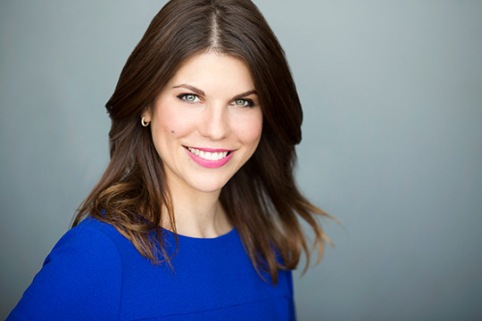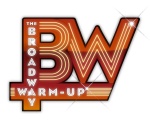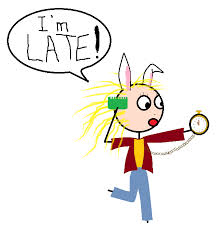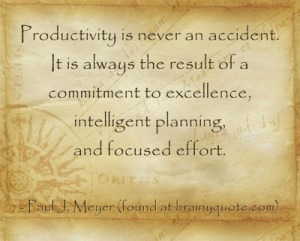
When did you know you wanted to be an actor?
I started singing and dancing at the youngest age possible. I was around 2. I LOVED it!!!! I was into competition dance and pageants and singing at anything and everything. I started acting at about age 10 when I auditioned for and was cast in a production of ANNIE. I totally fell in love with musical theatre and knew I wanted to pursue a career in this industry. Believe it or not, I actually stopped performing at age 14 and didn’t pick it up again until I packed my bags and moved to NYC after college. The rest is history.
What’s been your best audition experience? Your worst?
My best audition experience may have been the series of callbacks for the tour of AVENUE Q. Worst? Hmmmmmm…maybe one where I had an awesome crack, a crack that just kept cracking, on a super long-held belt note at the end of a song. Classic!
Why do you do what you do?
I love being part of an experience for the audience that hopefully sends them away with a smile and some laughs and an enjoyed time for a few hours. Life can be hard…theatre should be fun!! I also love booking a job. It’s the great feeling and a feeling of accomplishment. And performers are always so much fun to work with!!! The sweetest people.
What are some daily rituals and non-negotiable habits that you include in your routine?
The Broadway Warm-Up is becoming the ritual. A good night’s sleep is a non-negotiable. A substantial meal a few hours before a show is non-negotiable.
How do you prepare for your show?
Typically my preparation for a show is what happens at half-hour…getting dressed, makeup, hair/wigs. Thanks to The Broadway Warm-up, honestly, I am really beginning to see the importance of and the difference that the physical and vocal prep makes. The Broadway Warm-Up is new to me and is making a huge difference for me. My body feels more aligned for sure. Physically, I’m more relaxed and more stretched. It has made a HUGE difference in how my voice feels and how I think it sounds onstage. It’s such a complete warm-up and my whole voice feels great after. Another thing that is extremely helpful for me….because of the vocal warm-up, I can see day-to-day where my voice is, where my allergies might be sitting, etc. and so I’m able to deal with that better in a show and better know how to negotiate any potential quirks for any particular day and how to sing around/work around any issues. A big help!!!!
What do you know now that you wish you knew 20 years ago? What advice might you give?
I wish I had known the sacrifice of being so far away from my family to perform at this level. I’m an Oklahoma girl and all of my jobs have been either touring or here in NYC. I don’t see my family enough. I wish I had known that nerves would become the biggest inhibitor and would, at times, take away some of the fun and joy….I say that because I wish I had learned how to deal with them and conquer them years ago. Also though, the incredible people I’ve met and made lifelong friends with, the excitement of booking a job, the love and appreciation for a long-term gig, and what a true dream it is to live and work in a steady show here in the Big Apple…There are no words for how much I love it and how grateful I am for this time.
 Like this post? Check out more of our The Broadway Warm-Up interviews!
Like this post? Check out more of our The Broadway Warm-Up interviews! 
































